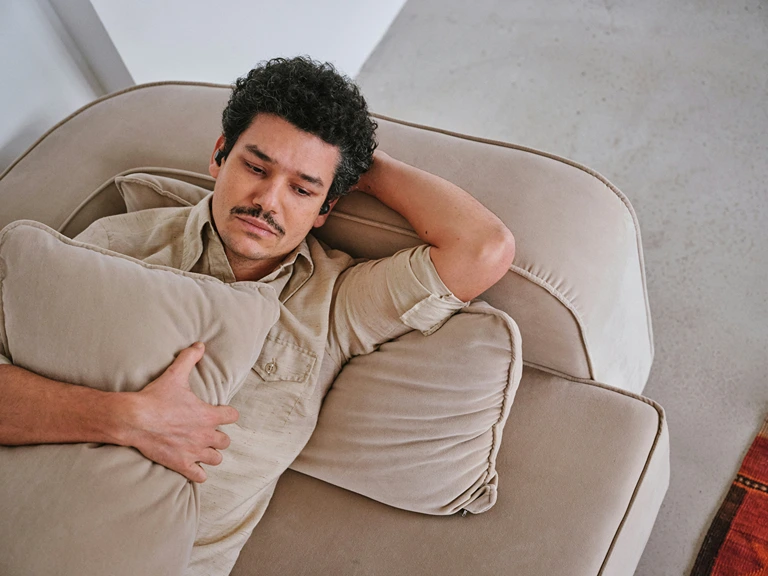
How to Overcome Learned Helplessness: Understanding Causes and Strategies to Reclaim Control
Learn how to overcome learned helplessness, stop feeling powerless, break free from uncontrollable situations, and change your situation for a better mindset.
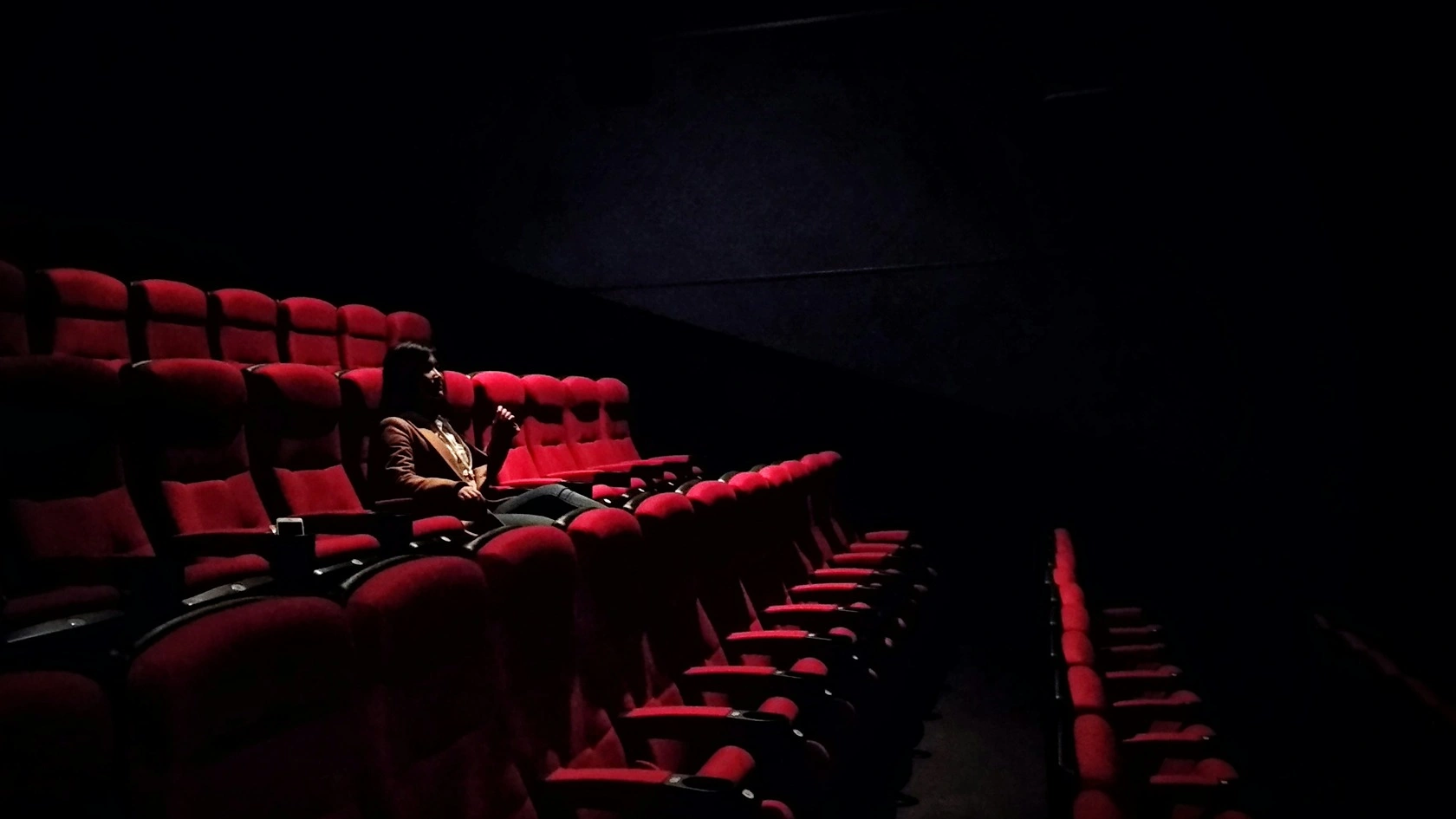
Have you ever felt stuck or powerless, like no matter what you do, nothing changes? That feeling of helplessness is what psychologists call learned helplessness, first studied by Maier and Martin Seligman. It can really take a toll on your self-esteem, lead to negative thought patterns, and sometimes even contribute to anxiety or depression.
Learned helplessness often shows up after going through repeated negative events you can’t control. Over time, people may stop trying or feel helpless even when there’s a real chance to change the situation. A pessimistic explanatory style or sense of lack of control can make someone more likely to experience it.
The good news? Learned helplessness isn’t permanent. With tools like cognitive behavioural therapy or CBT, learned optimism, and building resilience, people can start to take action again. Keep reading to see practical ways to overcome learned helplessness and feel more in control.
A Quick Look at Seligman's Theory of Learned Helplessness

In 1967, Professors Martin Seligman and Steven F. Maier first described learned helplessness through experiments showing how repeated uncontrollable events can shape the way we think, feel, and act.
Their work helps explain why we sometimes feel stuck or powerless, even when there are opportunities to change. Understanding this theory makes it easier to see how learned helplessness can develop and why it affects both thoughts and behaviour.
Contingency
Contingency is about the connection between what you do and the results you get. Learned helplessness occurs when that link seems unreliable or nonexistent.
- When your efforts don’t produce results, it contributes to learned helplessness.
- This creates a sense of powerlessness and reinforces the cycle of helplessness.
- It can reduce motivation and make it harder to take action in the future.
Cognition
Cognition refers to how people interpret situations and their ability to control outcomes. Awareness that your efforts don’t influence results shapes feelings of learned helplessness.
- Thoughts like “nothing I do matters” strengthen learned helplessness.
- This can significantly contribute to depression, anxiety, or other mental health conditions.
- It affects how you perceive challenges and setbacks, potentially leading to learned helplessness in new situations.
Behavior
Behaviour describes the passive or avoidant actions that result from learned helplessness. When someone believes that trying is pointless, they may stop taking action, even when opportunities exist.
- Passive behaviour reinforces the cycle of helplessness.
- Avoidance can prevent personal growth and problem-solving.
- Learned helplessness can affect everyday decisions and reduce your sense of control.
Key Takeaways
- Learned helplessness involves a combination of contingency, cognition, and behaviour.
- The cycle of helplessness can be unlearned using strategies that can help you feel more in control.
- Children and adults alike can learn to combat learned helplessness and regain a sense of agency.
Understanding Learned Helplessness: A Mental Health Perspective
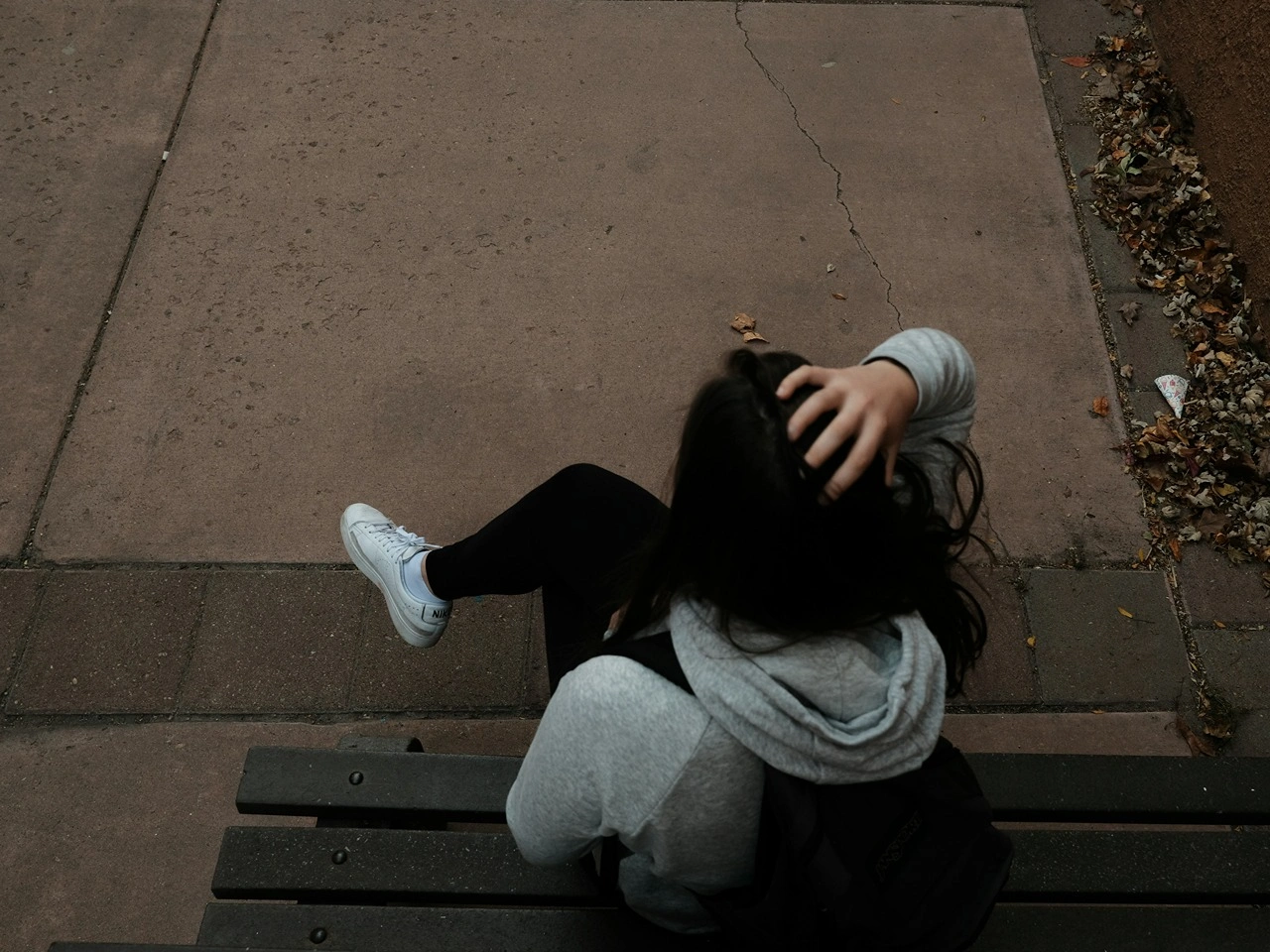
Feeling stuck or powerless can sometimes be more than just a temporary mood—it might be part of learned helplessness. First studied in experiments by Maier and later explored by Martin Seligman and Steven, the concept of learned helplessness is a psychological phenomenon that can affect your mental health and sense of control. Recognizing it is the first step toward understanding your reactions and regaining agency in your life.
What is Learned Helplessness?
Learned helplessness happens when people go through repeated negative events they can’t control, leading them to believe that nothing will change, no matter what they do. It can show up as:
- A strong sense of helplessness
- Negative thought patterns that significantly contribute to depression and anxiety
- Feeling unable to take action even when opportunities are there
Research shows learned helplessness may also develop in adulthood, not just in childhood, and it can sometimes contribute to stress disorder or post-traumatic stress disorder.
Why Does Learned Helplessness Happen?
There are a few reasons why learned helplessness can develop:
- Repeated shocks or events out of your control: These experiences can build a sense of learned helplessness and make you feel powerless.
- Pessimistic explanatory style: If you tend to interpret bad events as permanent and affecting everything in life, it can make learned helplessness more likely.
- Avoiding challenges: Over time, people may stop seeking solutions or stop trying to avoid negative outcomes, which keeps the cycle going.
This cycle can make someone feel like nothing will ever improve, even when there are chances to change their situation.
Who is Likely to Experience Learned Helplessness?
Learned helplessness can happen to anyone:
- Children: A child may develop learned helplessness if their efforts are ignored or criticized at home or school. Kids need help to break the cycle and start building resilience.
- Adults: Learned helplessness in adulthood can show up after abusive relationships, repeated work failures, or other setbacks. People may stop trying to overcome challenges and feel a lasting sense of helplessness.
- Those with a pessimistic explanatory style or strong negative thought patterns are especially likely to experience learned helplessness, but it’s possible to unlearn these patterns and develop learned optimism.
Contributing Factors of and What Causes Learned Helplessness
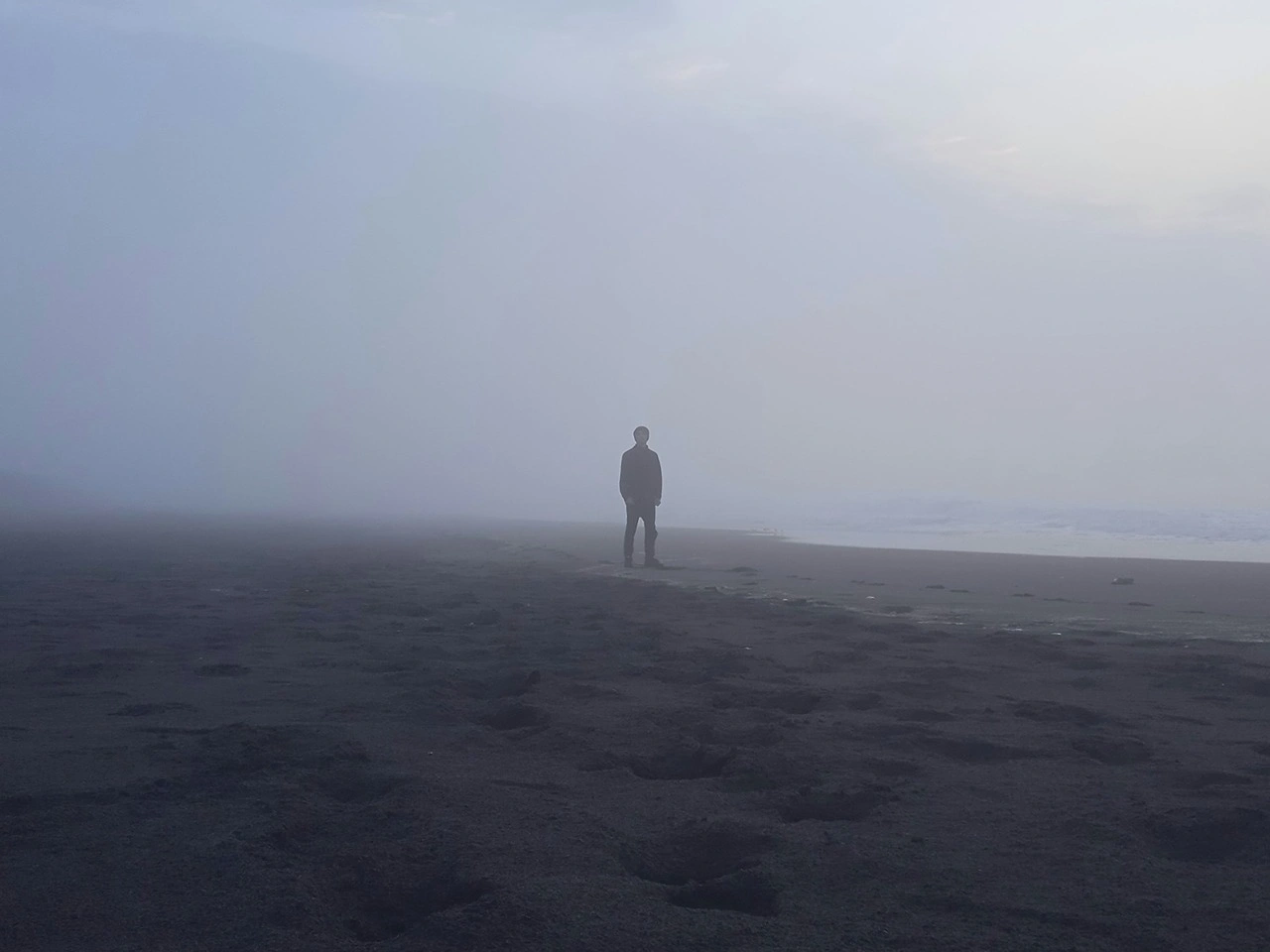
Learned helplessness occurs when people feel powerless after repeated uncontrollable events. It can affect both children and adults and lead to depression, anxiety, or stress disorder. Knowing the main causes helps explain feelings of learned helplessness and ways to combat it.
Trauma and Abuse
Going through abuse or neglect—like domestic violence or being ignored as a child—can make you feel like your actions don’t matter. Learned helplessness may develop because these experiences create feelings of learned helplessness that stick around for a long time.
- You might feel powerless in situations that others can manage.
- It can lead to stress disorder or post-traumatic stress disorder.
- It feeds into the cycle of helplessness, making it hard to try again.
Chronic Stress and Repeated Failures
We all face challenges, but when setbacks keep piling up—at school, work, or relationships—it can really shake your confidence. Learned helplessness occurs when repeated failures make you feel that trying is pointless.
- Constant tough situations reinforce the sense of helplessness.
- Failed efforts strengthen negative thought patterns.
- It can make you stop trying to overcome challenges, even when opportunities are there.
Unpredictable Environments
Life is unpredictable, but living in really unstable situations—like a chaotic household, sudden changes, or societal instability—can make anyone feel powerless. Learned helplessness can develop because it seems like no matter what you do, outcomes are beyond your control.
- Unstable environments increase feelings of helplessness.
- The lack of predictability reinforces the cycle of helplessness.
- It can affect how you make decisions and your motivation to act.
Childhood Experiences
A lot of learned helplessness starts when we’re kids. If children don’t get help or are overprotected, they might feel like their efforts never matter.
- Unresponsive Caregiving: Children need help to build a sense of control. If their attempts to solve problems are ignored, original learned helplessness may develop.
- Overparenting: Doing everything for a child can stop them from learning independence. It’s important to help them learn how to tackle challenges, or it may lead to feelings of learned helplessness.
Psychological Factors
How we think about ourselves matters a lot. Negative thought patterns or low self-esteem can make you feel like nothing you do matters, which contributes to learned helplessness.
- Low Self-Esteem: Feeling like you’re not good enough feeds the cycle of helplessness.
- Pessimistic Explanatory Style: Interpreting problems as your fault, permanent, or affecting everything in life can make learned helplessness worse.
Other Contributing Factors
Even as adults, things can make us feel stuck. Chronic illness, toxic relationships, or repeated setbacks can add to learned helplessness.
- Medical or Health Challenges: Feeling out of control with your health can lead to helplessness.
- Abusive or Toxic Relationships: Manipulative or controlling partners or colleagues can reinforce learned helplessness.
- Repeated Uncontrollable Events: Even small, repeated setbacks can pile up and make you feel powerless.
Symptoms of Learned Helplessness You Should Know

Learned helplessness can often make you feel like no matter what you do, nothing changes. Research suggests that learned helplessness can affect your thoughts, motivation, and behaviour, and spotting the signs early—like in the first experiment and other learned helplessness experiments—can help you start taking back control.
Sense of Helplessness / Feeling a Lack of Control
This is the core feeling that nothing you do matters. Learned helplessness can feature this sense of powerlessness, making even small tasks feel impossible.
Stop Trying or Avoidance / Giving Up Easily
You might notice yourself avoiding challenges or giving up quickly. Learned helplessness can often lead to this kind of passive behaviour, even in situations you could handle.
Negative Thought Patterns / Pessimistic Explanatory Style
It’s common to think setbacks are permanent or that everything goes wrong because of you. Research suggests that learned helplessness strengthens these negative thought patterns over time.
Low Self-Esteem / Negative Self-Image
Feeling like you’re not capable or that your efforts are useless can really weigh on you. Learned helplessness can feature this low self-esteem, making it harder to try new things.
Difficulty Taking Action / Passivity
Even when opportunities to change are there, learned helplessness can often make you feel stuck or frozen.
Decreased Motivation / Putting Less Effort into Tasks
Things you used to care about might feel like a drag, and you might put less effort into them. Learned helplessness can feature this lack of motivation, keeping the cycle going.
Lack of Persistence
You may give up faster than you used to on challenges. Learned helplessness can often make it hard to stick with goals.
Failing to Ask for Help
Sometimes you stop reaching out for support because you feel it won’t make a difference. This behaviour was also observed in early learned helplessness experiments.
Feelings of Frustration
Repeated setbacks can leave you feeling constantly frustrated. This reinforces the cycle of helplessness.
Cognitive Rigidity / Difficulty Making Decisions
Making choices can feel overwhelming, and it can be hard to see alternatives. Learned helplessness can feature this rigidity, making action feel impossible.
The Impact of Learned Helplessness on Mental Health
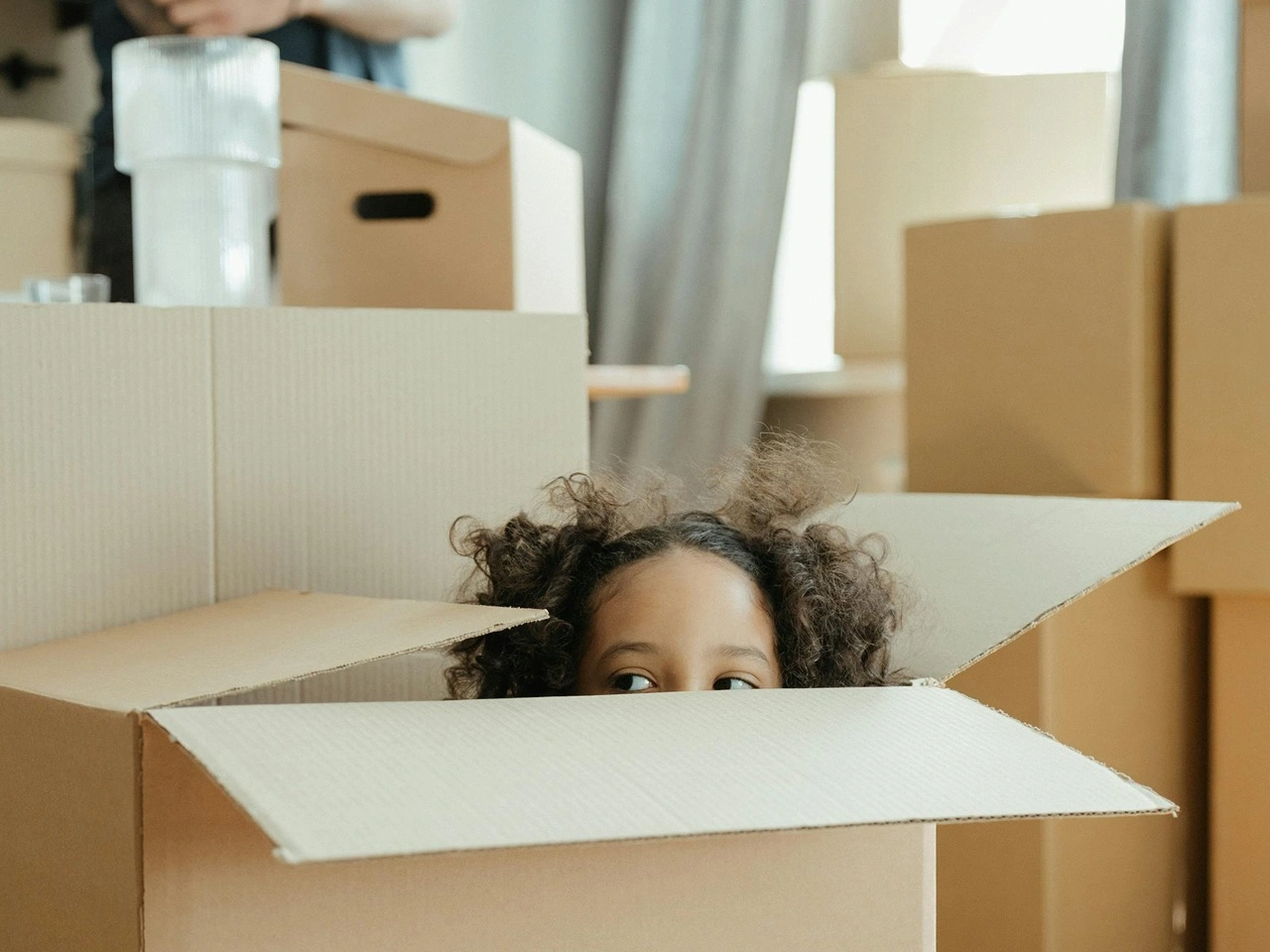
The learned helplessness theory shows that when people feel like they cannot control what happens to them, it can really affect their mental health. These feelings of learned helplessness can quietly shape how someone thinks, feels, and acts.
How It Feels in Daily Life
- Feeling powerless: You might feel like no matter what you do, you can’t change your situation, even when there are real chances to improve things.
- Negative thought patterns: A pessimistic explanatory style can make it easy to believe that nothing will ever get better, keeping you stuck in a cycle of helplessness.
- Avoiding challenges: Learned helplessness can make people stop trying or stop seeking solutions, which makes even small problems feel overwhelming.
How It Affects Behaviour and Relationships
- Less motivation: Feeling helpless can make it hard to set goals or even start something new.
- Pulling away from others: People may withdraw from friends, family, or colleagues because they feel incapable or powerless.
- More stress: Those persistent feelings of helplessness can make depression, anxiety, or stress disorders worse.
Long-Term Effects
- Lower self-esteem: A lasting sense of learned helplessness can quietly chip away at confidence and self-worth.
- The cycle keeps going: Without support or strategies to unlearn these feelings, it can be hard to break the pattern and take action.
- Missed opportunities: Learned helplessness can stop people from improving their work, school, or personal life, keeping them stuck in situations they could change.
How to Overcome Learned Helplessness and Build Resilience

Learned helplessness can feel like being stuck in quicksand—you try to move, but it feels like nothing works. The good news is, you can unlearn it and slowly build resilience, one step at a time.
Challenge Negative Thought Patterns
When you’re caught in a pessimistic explanatory style, it’s easy to believe nothing will ever change. CBT is really helpful here because it teaches you how to catch those thoughts and replace them with ones that give you a little more hope and control.
Take Small, Intentional Actions
Helplessness often makes people stop trying, like “why bother?” Setting tiny, realistic goals—like finishing a chore or reaching out to a friend—can remind you that your actions do matter. Each small win builds back your sense of control.
Build Resilience Over Time
Resilience isn’t something you wake up with; it’s built little by little. Things that help include:
- Practicing learned optimism: Training yourself to see a sliver of hope instead of assuming the worst.
- Strengthening coping skills: Finding healthier patterns to deal with stress instead of shutting yourself down.
- Seeking support: Sometimes we just need a friend, family member, or therapist to remind us we’re not weak and powerless.
Explore More Helpful Strategies
Everyone’s different, but a combination of approaches can really help:
- Mindfulness and stress management: Even a few deep breaths or a short meditation can calm the racing thoughts.
- Revisiting past successes: Looking back at things you’ve already overcome reminds you that you’re stronger than you feel right now.
- Changing environments: If learned helplessness grew out of an abusive or stressful situation, creating safer surroundings can make a huge difference.
- Physical activity: A walk, a workout, or even dancing around the living room helps with depression and anxiety.
- Gradual exposure to challenges: Facing things step by step, instead of all at once, makes it easier to rebuild confidence.
The Role of Therapy and Support
Learned helplessness can affect children, teens, and adults, but it doesn’t have to be permanent. With the right guidance, support, and strategies, you can unlearn helplessness, rebuild your self-esteem, and start feeling in control again.
Final Thoughts
Learned helplessness can feel like being stuck in a cycle you can’t escape, but it doesn’t have to stay that way. Once you start noticing how it shows up in your thoughts and feelings, you can slowly break that pattern and take back a sense of control.
Even small steps—like challenging those “nothing will ever change” thoughts or setting tiny goals—can make a big difference. Over time, you’ll build resilience, especially if you practice coping skills, lean on people who support you, and remind yourself of the things you’ve already overcome.
Therapy, mindfulness, or even simple self-care can help ease the weight of feeling powerless. And the most important part? You’re not stuck forever—you really can unlearn helplessness and find your strength again.
Frequently Asked Questions
Is learned helplessness a mental health condition?
Learned helplessness isn’t officially a mental health condition, but it can have a huge impact on your mental health.
Psychological state: It’s more like a mindset that develops when you’ve faced too many situations where nothing you did seemed to matter.
Mental health link: Over time, it can feed into depression, anxiety, or even stress disorders.
Daily impact: You might stop trying to solve problems, even when there are real chances to change things.
Vulnerability: That helpless feeling can make you more likely to struggle with other mental health challenges.
Can learned helplessness be considered a mental health condition?
Not exactly—it’s not a diagnosis you’ll see in a psychology manual, but it definitely plays a role in mental health struggles.
Not in manuals: It’s not listed as a mental health condition like depression or anxiety.
Psychological response: Instead, it’s a way your mind reacts after facing too many uncontrollable setbacks.
Mental health effects: That state of helplessness may also lead to depression, anxiety, or even post-traumatic stress disorder.
Practical view: Think of it less as a condition and more as a harmful pattern of thinking and reacting that can take a toll.
How does a pessimistic explanatory style contribute to feelings of helplessness?
A pessimistic explanatory style is basically a habit of explaining bad events in the worst way possible, and it really fuels learned helplessness.
Explanations of failure: It’s when you blame yourself for setbacks, think they’ll never end, and feel like they affect every part of your life.
Reinforcing beliefs: That kind of thinking convinces you that nothing will ever change.
Cycle of helplessness: It keeps you stuck in learned helplessness because it chips away at your hope.
Emotional weight: After a while, it can feel exhausting and leave you powerless.
How does learned helplessness affect self-esteem and overall well-being?
Living with learned helplessness can wear you down—it hits your confidence and your quality of life.
Self-esteem: You begin to doubt yourself and feel like your efforts aren’t worth anything.
Behavioural effects: That might make you give up faster or avoid challenges altogether.
Mental health: It usually goes hand in hand with depression, anxiety, or stress disorders.
Overall well-being: Work, school, and relationships can all take a hit when you’re stuck in that cycle.
What strategies can help people overcome learned helplessness and take action?
The good news is that learned helplessness can be unlearned. It just takes small steps and the right support.
Cognitive tools: Therapy like CBT helps you catch and change those negative thought patterns.
Small wins: Setting tiny, doable goals shows you that your actions really can make a difference.
Learned optimism: Tuning your perspective little by little builds hope again.
Resilience skills: Things like mindfulness, stress management, or even exercise can help you feel stronger.
Support system: Having friends, family, or a therapist in your corner makes the journey easier.
Check out more helpful articles
Lorem ipsum dolor sit amet, consectetur adipiscing elit, sed do eiusmod tempor incididunt ut labore et dolore magna aliqua. Lorem ipsum dolor sit amet, consectetur adipiscing elit, sed do eiusmod tempor incididunt ut labore et dolore magna aliqua.
I Don't Want to Do Anything: Why You Feel Mentally Exhausted and What You Can Do About It
Feeling like you don’t want to do anything? Find out why you feel unmotivated and learn practical ways to restore your motivation, balance, and mental well-being.

Key Red Flags of an Emotionally Unavailable Man and How to Recognize Them Before It’s Too Late
Learn to spot an emotionally unavailable man! Recognize signs of emotional unavailability, like pulling away and being distant, before getting emotionally hurt.

What Is Romantic Attraction? Understanding How It Shapes Our Feelings and Connections
Romantic attraction affects the way we feel, connect, and form relationships. Learn how this feeling shapes the way we build emotional bonds and how it influences our romantic orientation.

Contact US
Know who you want to book with?
Book Online HereHave questions about counselling or something else?
Call or email us.
Want help choosing the right therapist? Complete our connect form below.
We are ready and looking forward to meeting you. Get started today by clicking the link below and booking your free 15-minute discovery call. All our services are private and confidential.

Disclaimer: Content on this website is for informational purposes only. Visiting this website does not establish any type of therapist-client relationship with Upstream Counselling or its staff. Information obtained from this site does not substitute for a thorough medical and/or psychiatric evaluation by an appropriately credentialed and licensed professional.




